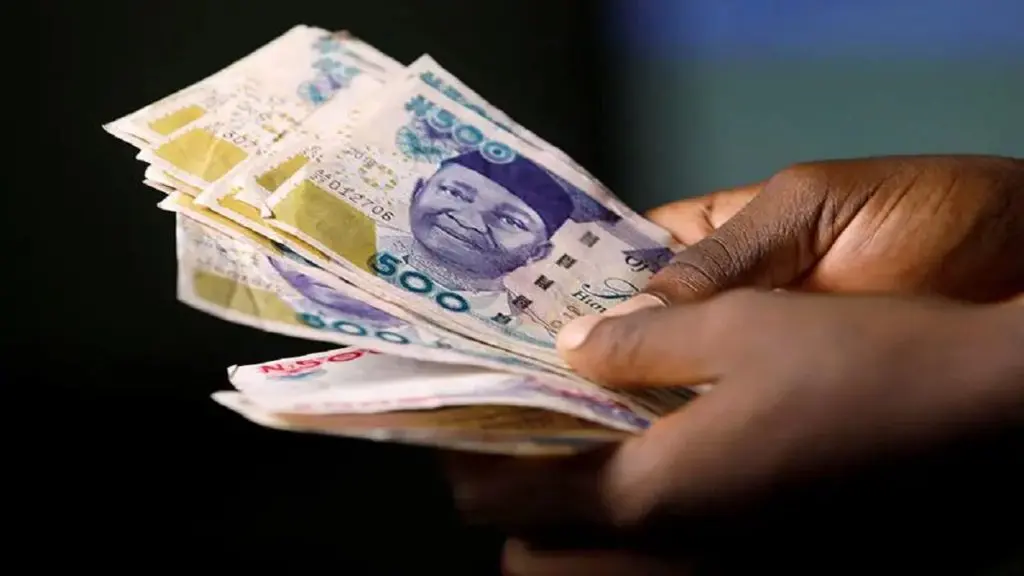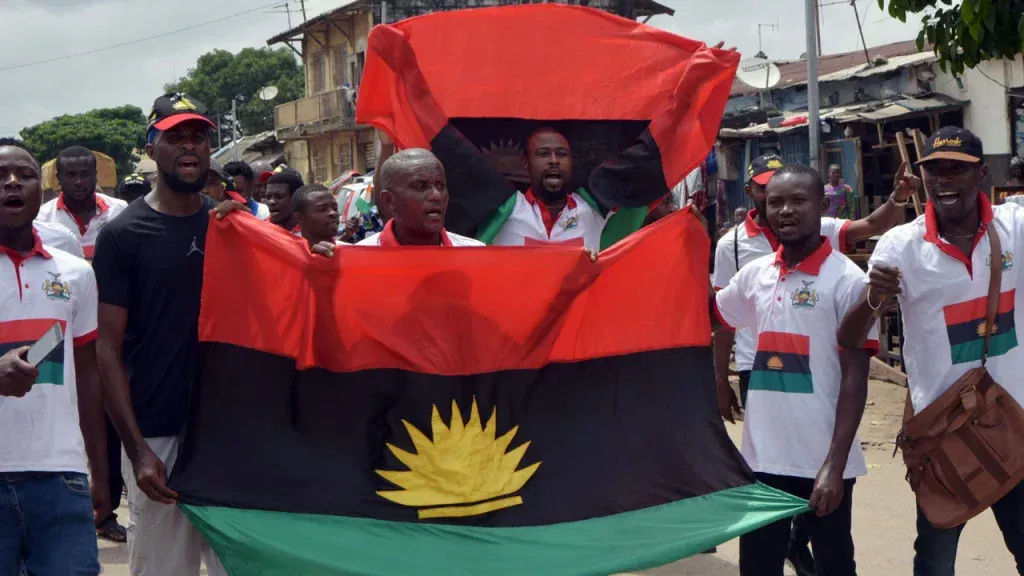HEADLINE: Community-led Seagrass Restoration Efforts in Kenya Yield Impressive Results, Boosting Fish Stocks and Supporting Local Livelihoods
SUBHEADLINE: Members of the Wasini Beach Management Unit, a community-based organization, have successfully restored 2.5 acres of seagrass meadows and planted over 10,000 seagrass seedlings, highlighting the importance of community-led conservation initiatives in promoting marine life and addressing climate change.
[NAIROBI, KENYA] In a remarkable example of community-led conservation, the Wasini Beach Management Unit (BMU) in Kenya has made significant strides in restoring seagrass meadows, resulting in a notable increase in fish stocks and improved livelihoods for local communities.
Seagrass, a vital marine ecosystem, plays a critical role in supporting marine life by providing breeding grounds for fish, serving as a food source for various marine species, and helping to counter climate change through carbon sequestration. However, seagrass habitats worldwide are under threat from destructive fishing practices, coastal development, pollution, and rising sea levels.
The Wasini BMU, a community-based organization responsible for managing and ensuring the safe and effective use of fishing grounds, has been at the forefront of seagrass restoration efforts in the area. With the support of the Kenya Marine and Fisheries Research Institute (KMFRI) and the Coastal Development Authority (CDA), the BMU has restored 2.5 acres of seagrass meadows and planted over 10,000 seagrass seedlings since 2014.
The restoration efforts have yielded impressive results, with local fishermen reporting a significant increase in fish stocks. Abubakar Omar, a member of the Wasini BMU and a father of six, recounts how the restoration efforts have improved his livelihood. "Before we started the seagrass restoration project, I would only catch about two kilograms of fish per day, which was not enough to feed my family. However, since the project began, my catch has increased to up to 60 kilograms per day," he says.
The success of the seagrass restoration project has also attracted buyers from as far as Mombasa, over 100 kilometers away. "People now travel from Mombasa to Wasini to buy fish, which has not only improved my earnings but also boosted the local economy," adds Omar.
The BMU’s efforts have also led to a reduction in destructive fishing practices, with the community working together to educate and sensitize each other on the importance of sustainable fishing methods. "We decided to first fight against harmful fishing methods by educating and sensitizing the community," says Ahmed Mohammed Abubakar, a member of the Wasini BMU.
However, the BMU’s progress is threatened by the construction of a new fishing port in the area, the Shimoni Port. The project, led by the Kenya Ports Authority and the local government, could lead to increased sedimentation, which can smother seagrass meadows and disrupt their growth. The introduction of larger boats associated with the port is also likely to cause further damage to the seagrass meadows.
Mohammed Kassim, a member of the Wasini BMU, expresses his concerns about the potential impact of the port on their restoration efforts. "We have invested over 200 million Kenya Shillings (approximately $1.5 million) in restoration efforts, and I believe the fish port will cause sedimentation at the restoration area due to dredging, as well as sound pollution underwater," he says.
Despite these challenges, the Wasini BMU remains committed to their seagrass restoration efforts. Their success serves as a testament to the importance of community-led conservation initiatives in promoting marine life and addressing climate change.
According to Lilian Daudi, a Senior Marine Research Scientist in Seagrass Ecology at KMFRI, "Seagrass ecosystems provide numerous benefits, including habitats for fish and other fauna, nursery habitats for small fish, and climate regulation services through carbon sequestration. It is essential that we continue to support community-led conservation efforts to protect and restore these vital ecosystems."
As the world continues to grapple with the challenges of climate change and marine conservation, the Wasini BMU’s seagrass restoration project serves as a beacon of hope for community-led conservation initiatives.



